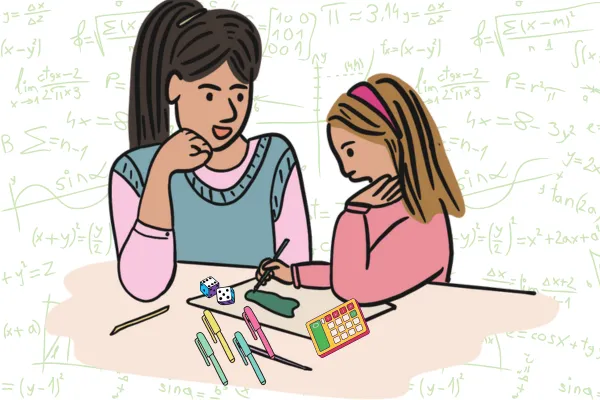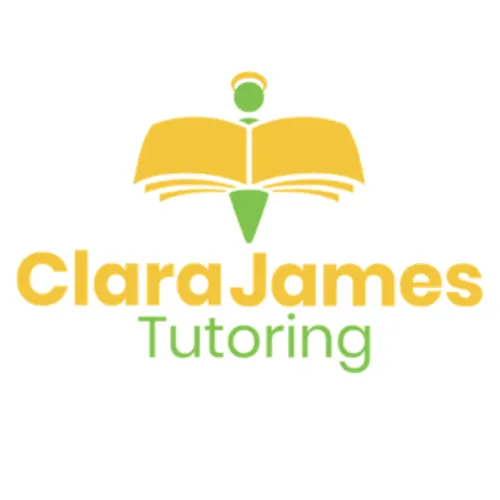Clara James Franchise
BLOG POSTS

Choosing a maths tutor for your child
How to choose the right maths tutor for your child
Choosing the right maths tutor for your child isn’t necessarily going to be an easy task.
Firstly, you may be battling the fact that they don’t actually want a tutor, the idea to get them one is completely yours.
Secondly, they hate maths. Their teacher at school has not been a good fit and you are worried that whoever you find may be of a similar ilk and it will make matters worse.
Then there is the financial implications and the time considerations.
If they do it online, will my child concentrate?
If they come to my house, where will they work?
Should we go to them, I’ll need to drag the others along with me or make sure I’m back from work in time.

Finding the right maths tutor isn’t necessarily going to happen straight away and what is right for one person may be completely wrong for the next.
I would suggest speaking to several tutors before you take the plunge, listen to their experience and their advice.
Do they offer a free trial? Some offer a free assessment, but will this reflect what the lessons are like? Will this reflect your child’s honest ability; given a test on a subject they fear by an unknown person, potentially in a strange environment. The odds of your child working to their full potential in that lesson may not be guaranteed. (Be aware also that some tutors offer a free assessment as they only take on higher grade students and they don’t want to take on anyone who could be detrimental to their pass rate).
Speak to others who have had tutors for their children in the past.
Remember, what worked for them may be different for your child, but it will hopefully give you a guide. Find out how the lessons were structured, what the tutor’s attitude was: peer teaching, warm, dictator and authoritative, uninterested…
Ask how often the lessons take place?
Are you beginning a journey into a regimented program or is there some flexibility. Do they work in line with what your son/daughter is doing at school, or do they work with your child’s areas of needs? Are they willing to mix and match on this?
If it’s a group lesson how many people are in the group and how does it work if my child doesn’t understand something, but the rest of the group is ready to move on? Or what happens if it is the other way around and this is something my child understands but the rest of the group need more time to reflect on it?
What type of resources does the tutor use? Why?
If your child is, or you suspect might be neurodiverse, do they have any experience of supporting other such children?
There is nothing wrong with asking questions, but everything to gain from knowing the answers.
What is your gut instinct, it often tells us a lot. If you discover you have made a mistake, how easy is it to break the contract?
Maths is a subject that traumatises so many people, finding the right tutor can make a huge difference, and drastically improve your child’s confidence with the subject.
I have deliberately not given any answers to the questions here as my goal is to advice you in what to look for rather than to promote us, however if you do have any questions, please do not hesitate to ask: [email protected]
Each week we also send out an email on supporting your (secondary school) child with their maths and English. If you would like to receive this, please do say and I shall make sure you receive it.

